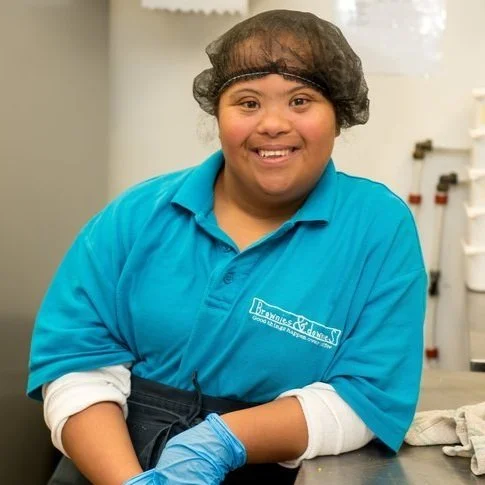Inclusivity Through Entrepreneurship
In November, South Africa commemorates Disability Rights Awareness Month, a time dedicated to raising awareness about the issues faced by people with disabilities and coming together in support of equal rights and inclusivity for all. People with disabilities face a number of challenges that often prevent them from accessing the same opportunities, rights and privileges as others.
“Issues associated with access to inclusive transport, assistive devices, accessible workplaces and educational opportunities contribute to high unemployment in this sector. However, at the SAB Foundation, we are privileged to work with entrepreneurs who, through their work, are overcoming barriers, achieving success and creating hope for people with disabilities in South Africa,” explains Bridgit Evans, SAB Foundation Director.
The SAB Foundation’s Disability Empowerment Awards provides business support to entrepreneurs that either have disabilities themselves or provide disability solutions through their innovations. This includes two successful coffee shops based in Cape Town who are both previous beneficiaries of the programme.
Brownies and Downies provides training and employment to people with intellectual disabilities, while serving a great cup of coffee in a fun and inclusive environment on Cape Town’s Long Street. A short walk will take you to I Love Coffee, a vibrant coffee shop on Strand Street that is staffed, almost entirely, by people with hearing impairments. This is one of four I Love Coffee establishments, employing no less than 32 people to serve coffee and kindness in Cape Town and Johannesburg. Added to the ten members of staff employed by Brownies and Downies, that makes 42 jobs created by these social innovators, predominantly for persons with disabilities. As well providing opportunities for training and employment, these coffee shops break down social barriers by creating a space where differently abled people can meet and engage with one another.
The SAB Foundation’s Tholoana Enterprise Programme is a fully inclusive business support programme that provides business training, mentorship, funding and assistance with access to markets to local entrepreneurs who show the potential to grow their businesses and create jobs. Out of 385 entrepreneurs that have been supported through the programme, 16 have a disability. This includes Caroline Van Rooi, the Founder of Red Pilot.
By the age of 45, Caroline Van Rooi’s diabetes had resulted in the loss of both of her legs and the deterioration of her eyesight. However, rather than letting these setbacks slow her down, Caroline, who describes herself as ‘differently abled’ founded a small clothing manufacturer that specialises in plus size fashion.
Van Rooi explains that, following the loss of her sight, she fell into a deep depression and thought she’d never be able to work again. However, a learnership at Cape Town Society for the Blind allowed her to study computer literacy and project management, achieving an NQF level 4 in Project Management, Computing, and Public Speaking as well as being the valedictorian of her class. This was the confidence boost she needed and, following a six-month contract at Cape Town City Council, she had enough saved to start her own business.
In 2018, Caroline was accepted onto the Tholoana Enterprise Programme. This was also the year that she lost her right leg. However, as testament to her grit and determination, she explains that she “broke out” of hospital early to attend the programme’s Costing and Pricing Workshop.
“That is how determined I am to make a success of Red Pilot. I am proud of who I am and the road I have travelled. Now I feel alive, vibrant and I’m flourishing, doing what I do best. I want to inspire others who feel that they are worthless and I want to help them dress their best, so that they feel beautiful and powerful,” she says.
Businesses like these are an inspiration to all South Africans, proving that, not only are people with disabilities capable of making a significant contribution to the economy, they are also instrumental in breaking down social barriers and giving all people the opportunity to feel worthy, equal and included.


